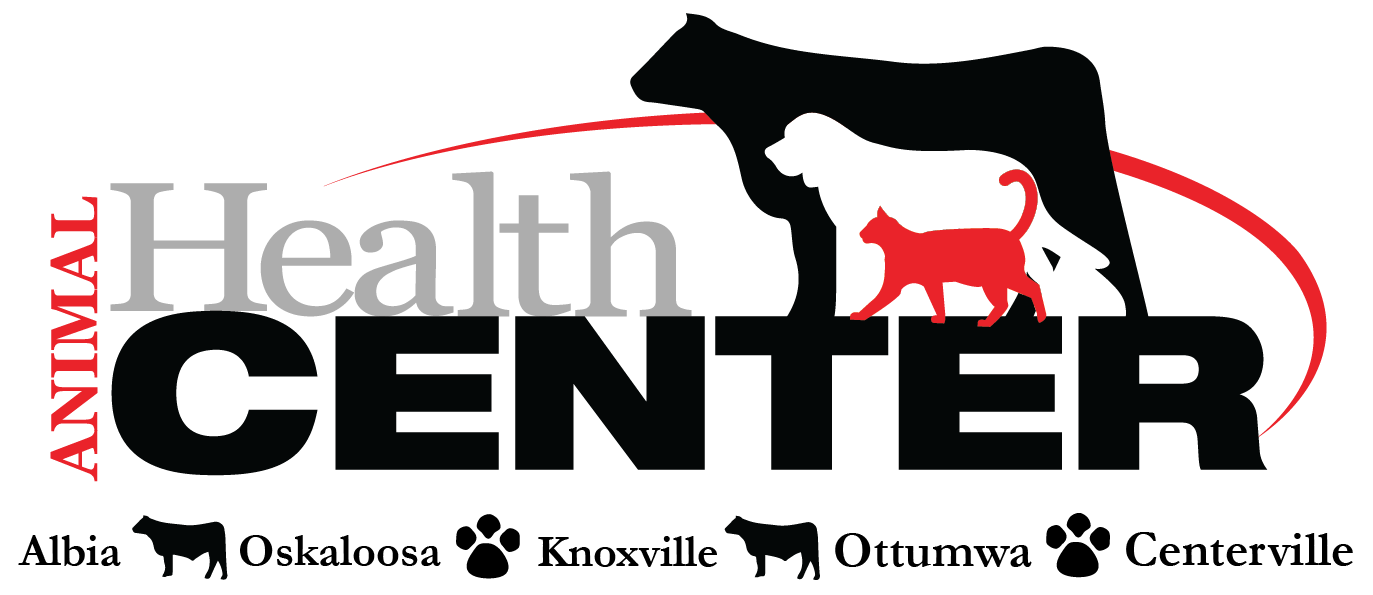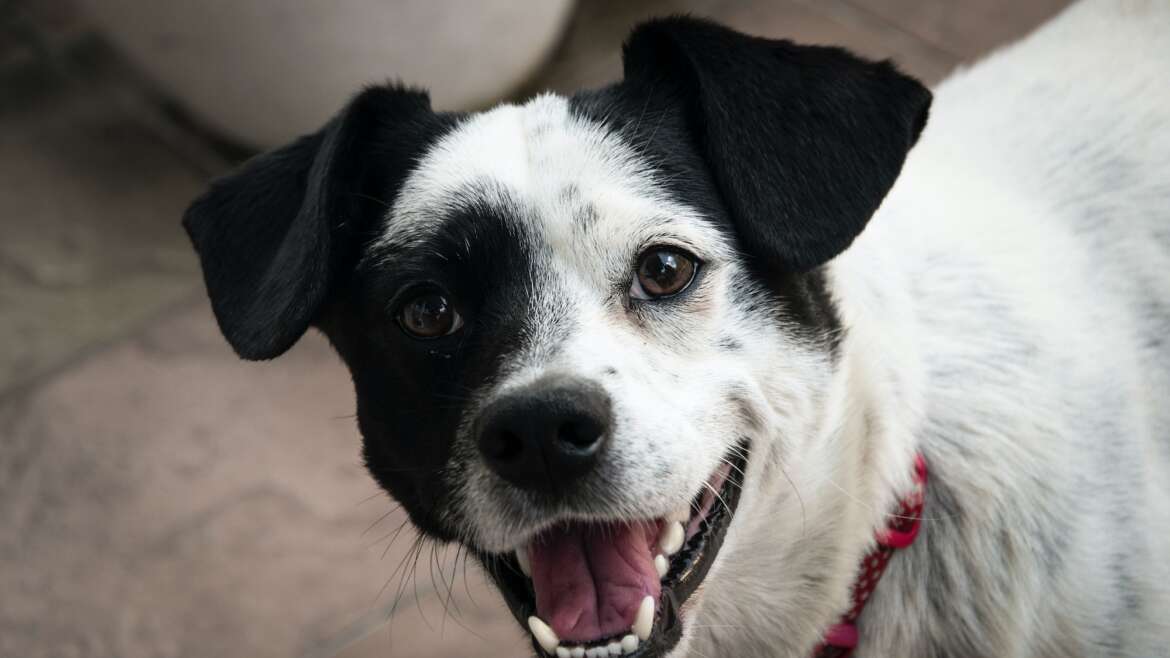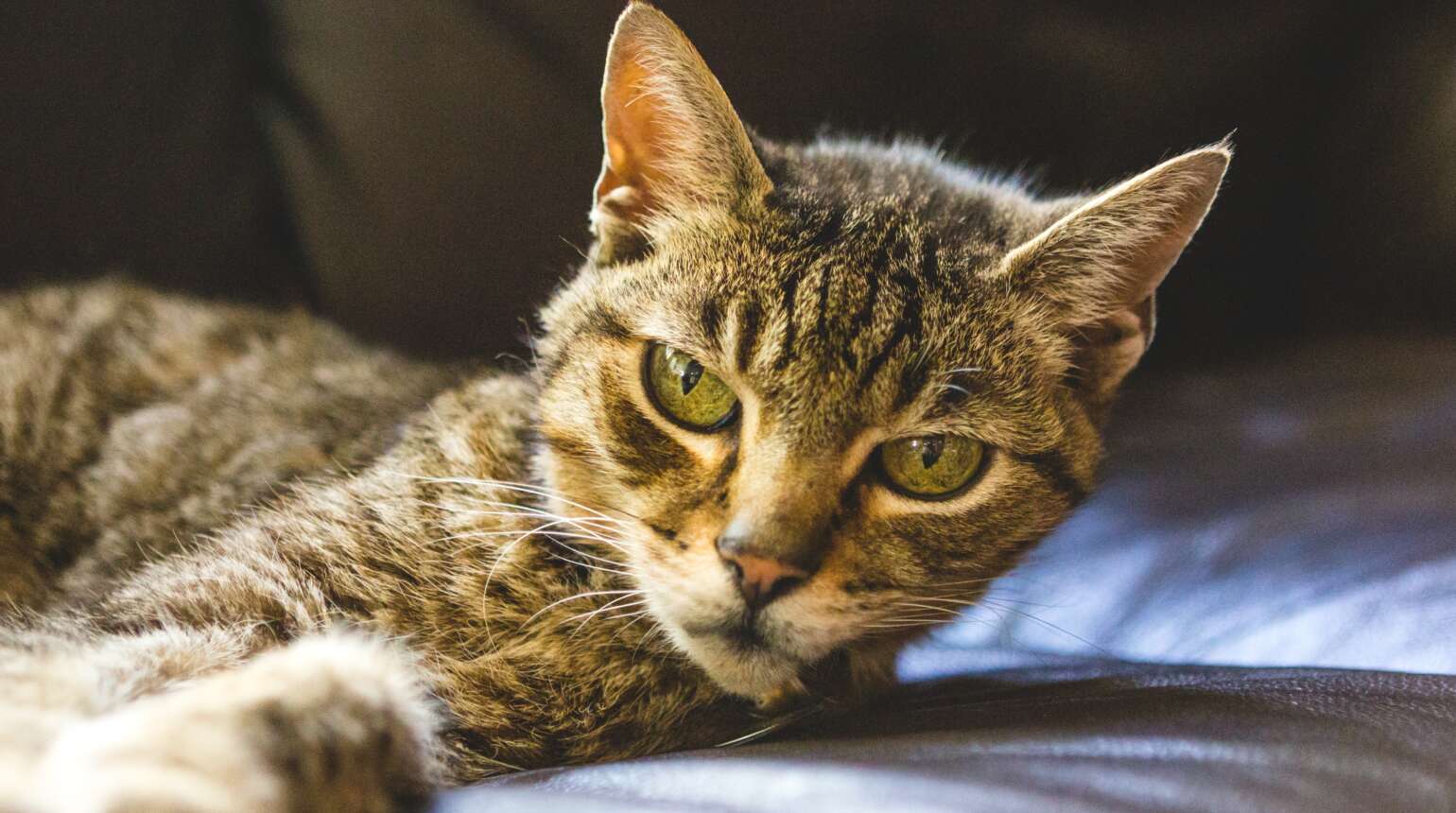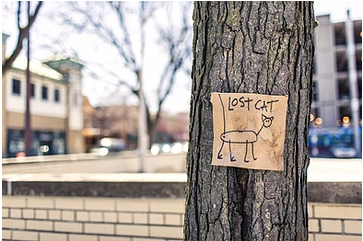Today kicks off the start of Pet Dental Care Month! Our furbabies deserve nothing but the best including healthy mouths, and happy smiles. One way you can help them maintain their overall well-being is brushing their teeth. Both the VCA and the American Kennel Club agree that brushing your pet’s teeth will clean away the plaque that leads to bad breath and prevent serious health conditions.
Today, we’re sharing some tips and tricks to help you brush your pet’s teeth with ease! If you’re not sure how to start, or what to do next, be sure to speak with one of our veterinarians and don’t forget to schedule regular dental cleanings (save 10% on dental cleanings and dental treats this month).
A Calm and Quiet Area
For your dog or cat, having their teeth brushed can be scary and nerve wracking. Be sure you’re in a space that is quiet and calming to them. For cats you may consider a small room with a table to place them on, or finding a place to sit and hold them in your lap. For your dog, be sure this calming place is away from other dogs or children.
The Correct Tools
For dogs, you’ll want to purchase a dog toothbrush that is curved and long enough to reach the back of your dog’s teeth. Additionally, be sure to use dog toothpaste. Human toothpaste consists of various components that are toxic to animals. As for cats, the VCA recommends using a cotton swab dipped in tuna water (from a can of Tuna).
The Cleaning
A good way to introduce your dog or cat to teeth brushing is to rub toothpaste (dog) or the moist cotton swab (cat) along where their teeth and their gums meet. Doing so will help them get used to the taste and texture of the swap/toothbrush and will help them make a positive association between the good taste of the toothpaste/tuna water and the feeling of the brush.
When it’s time to clean the rest of your cat’s mouth, gently rub the cotton swab on the front of their teeth to help rid them of any potential plaque buildup. For dogs, you’ll want to clean the front, sides, and back of their teeth to accomplish the same.
It can be a challenge to brush your teeth regularly, and can take some time for your pet to adjust. No matter your experience, it is in your and your pet’s best interest to schedule regular dental cleanings with your veterinarian. If you have questions or concerns about your pet’s dental health, call the team at Animal Health Center, or schedule a dental appointment from now until the end of February and you’ll save 10%.



